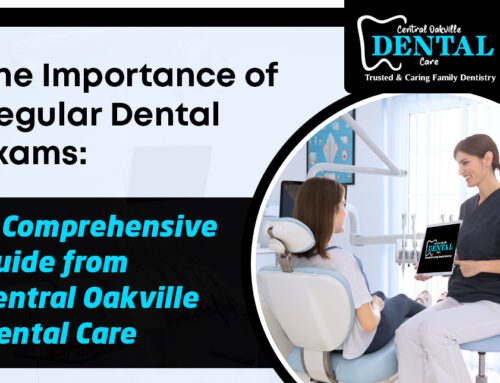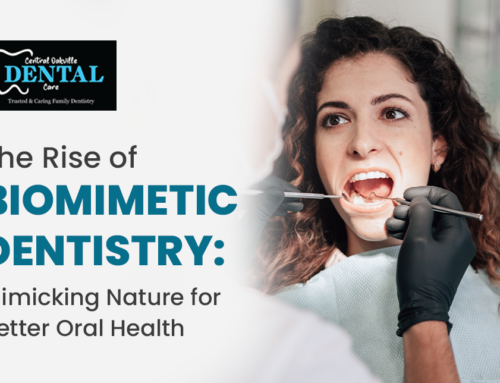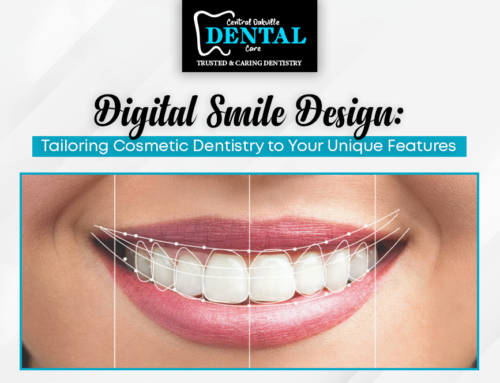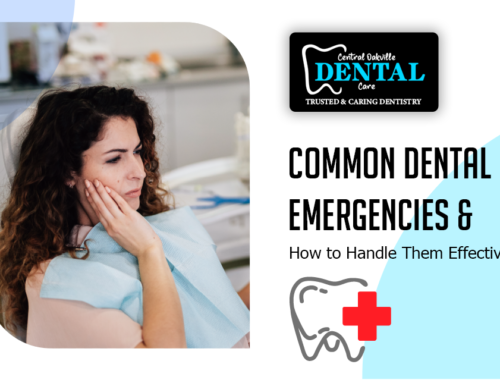A comprehensive dental routine must and should be a part of your everyday routine. It ensures that your pearly whites stay healthy for a long time, not to mention also preventing any ailment that might affect your overall health. However, even a top-to-bottom dental routine may fail from time to time, so here are 10 tips on taking care of your teeth.
Here are 10 tips for better dental care
- Avoid sugary snacks: Eating sugary snacks between meals can lead to tooth decay and cavities because sugar combines with bacteria in the mouth to form an acid that erodes tooth enamel. Limiting or avoiding sugary snacks between meals is recommended to maintain good oral health. Additionally, you can rinse your mouth once you have had snacks, which can help prevent bacteria buildup.
- Brush twice a day: Brushing twice daily with fluoride toothpaste is essential to maintaining good oral health. Fluoride toothpaste helps to prevent tooth decay by strengthening tooth enamel, making it more resistant to acid attacks from plaque bacteria and sugars in the mouth. Additionally, it is recommended to brush for at least 2 minutes each time, using a soft-bristled brush, and to touch the tongue to remove bacteria buildup.
- Cleaning with floss and interproximal brushes: These tools can help remove plaque and food particles from areas a toothbrush can’t reach, such as the tight spaces between the teeth and the gum line. It helps to prevent tooth decay and gum disease by removing the bacterial buildup that can cause these conditions. Additionally, it is recommended to use these tools gently to avoid damage to the gums.
- Regular dental check-ups: During a dental check-up, a dentist or hygienist will examine your teeth and gums for signs of dental disease, such as cavities, gum disease, and oral cancer. They can also take X-rays to detect issues that may not be visible to the naked eye, such as bone loss or abscesses. Early detection and treatment of dental disease can help prevent more severe problems down the road and also help you keep your teeth and gums healthy for a lifetime.
- Hygiene appointments: Regular hygiene appointments, also known as professional teeth cleaning, are an essential part of maintaining good oral health, particularly in reducing the risk of gum disease. During a hygiene appointment, a dental hygienist will remove plaque and tartar buildup from your teeth, including areas that are hard to reach with brushing and flossing. They polish your teeth to remove surface stains and may also provide fluoride treatments to strengthen tooth enamel.
- Sports gum shield: Sports gum shield, also known as a mouthguard, is a protective device worn over the teeth and gums during sports or other physical activities. They are designed to cushion the jaws and teeth and help prevent injuries such as broken teeth, jaw fractures, and concussions. It is highly recommended for people who play contact sports, such as football, hockey, or boxing, as well as non-contact sports, such as gymnastics or skateboarding, where there is a risk of falling or colliding with hard surfaces.
- Emergency teeth issues: If you observe problems with your teeth, it’s better that you consult your dentist at the earliest. The more you delay, the more the chances of tooth decay, which can lead to complex dental procedures that could’ve been easily avoided.
- Reduce acidic beverages: Reducing the consumption of acidic drinks can help to prevent acid erosion on tooth enamel, which is a leading cause of tooth sensitivity and cavities. Acidic beverages include soft drinks, energy drinks, sports drinks, fruit juices, and even certain types of alcohol. They have a low pH and can erode the enamel of teeth over time, making them more susceptible to decay. It’s recommended to limit or avoid consuming acidic beverages, especially between meals, and to rinse the mouth with water immediately after consuming them. Additionally, waiting at least 30 minutes after drinking acidic beverages before brushing your teeth is essential. The acid can soften the enamel, making it more susceptible to damage from brushing.
- Use a night guard: If you grind your teeth, also known as bruxism, it is essential to wear a night guard regularly. Bruxism can cause dental problems, such as worn-down teeth, jaw pain, headaches, and even temporomandibular joint (TMJ) disorders. You can wear a night guard over the teeth to protect them from the damage caused by grinding and clenching during sleep.
- Early diagnosis of ulcers: If you notice swellings or ulcers in your mouth that don’t heal after a few weeks, you must see your dentist as soon as possible. Various conditions, such as oral cancer, thrush, or a viral disease like herpes simplex, may cause swelling or an ulcer in the mouth that doesn’t heal. These symptoms could signify a more serious oral health problem, such as an infection, a benign or malignant tumour, or an autoimmune disorder. It’s essential to have it checked by a dentist in Oakville, who can diagnose the cause and recommend the appropriate treatment. Early detection and treatment of oral health problems can help prevent more severe issues and improve your chances of full recovery.
In general, it’s essential to maintain regular dental check-ups and hygiene appointments to keep a close eye on your oral health and to address any issues that may arise as soon as possible.
